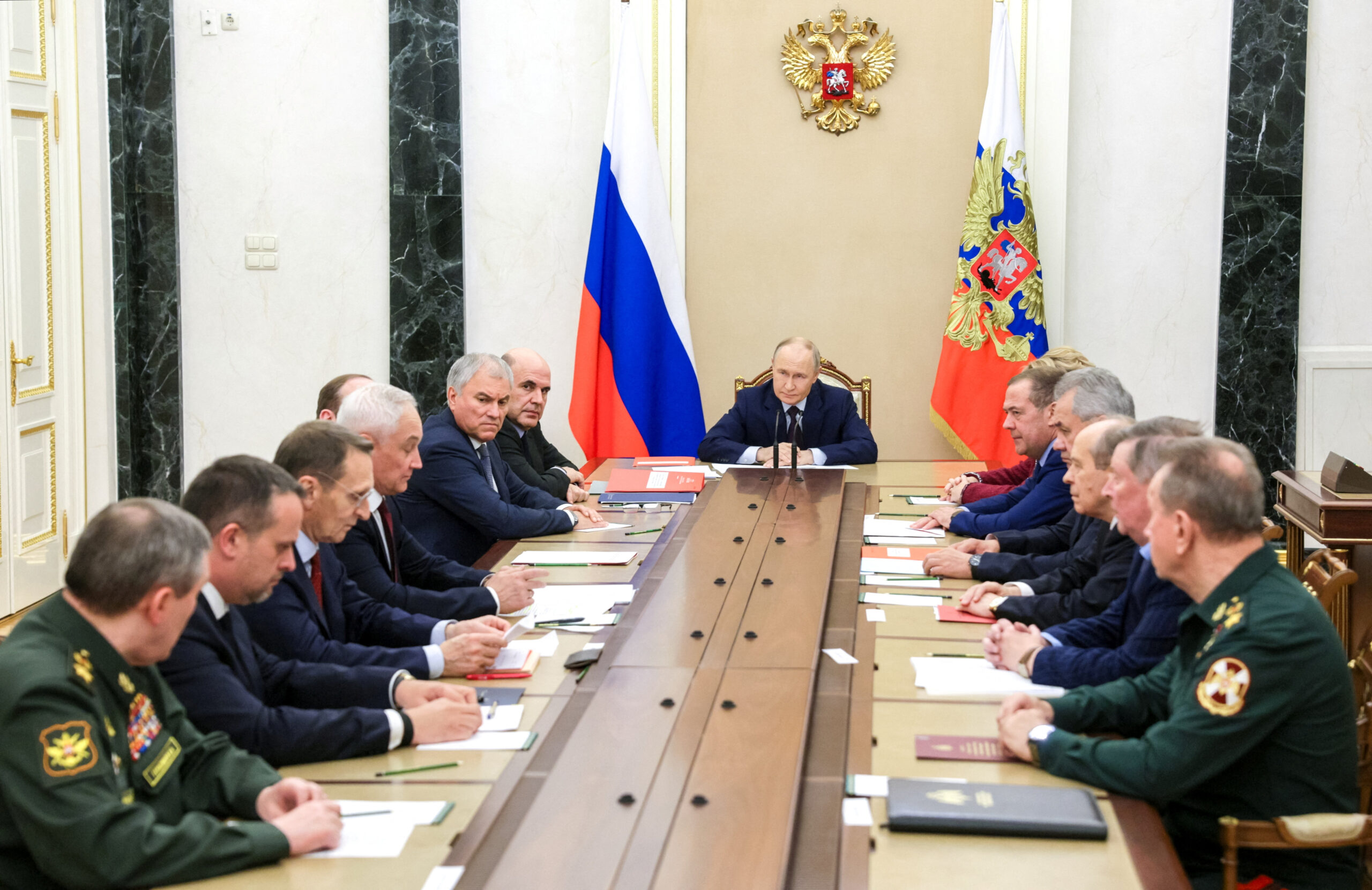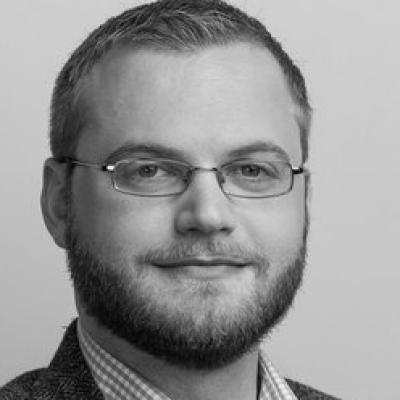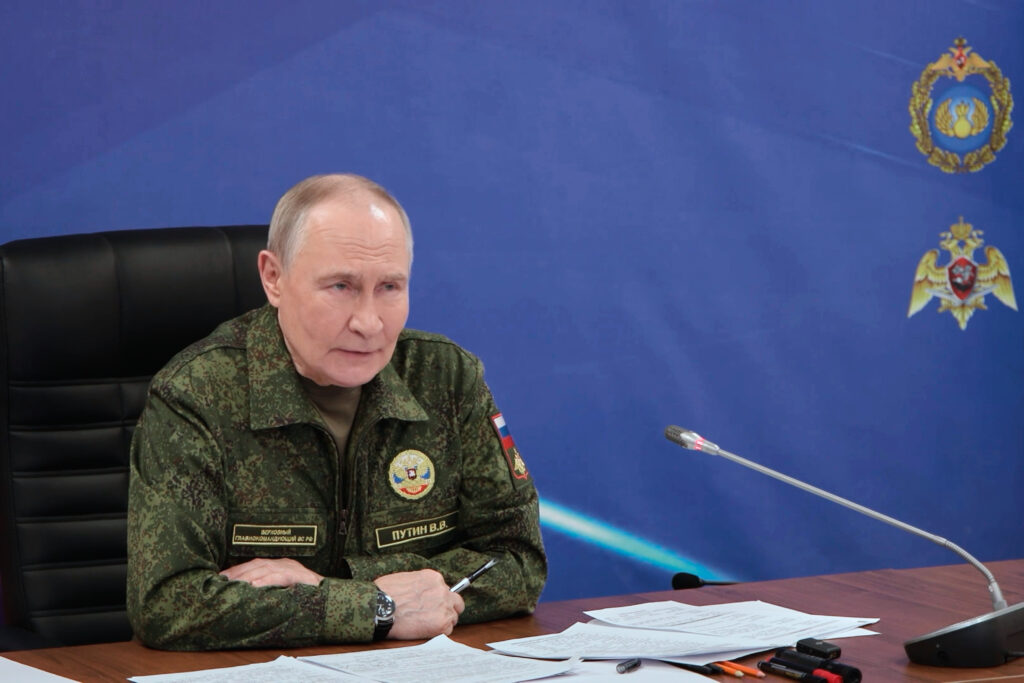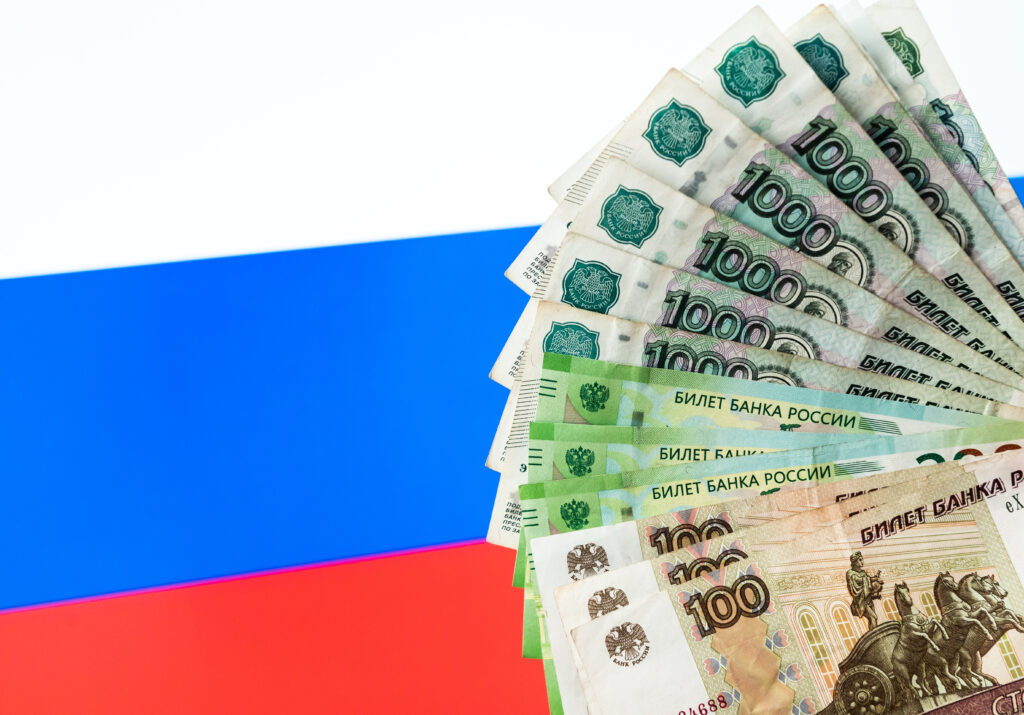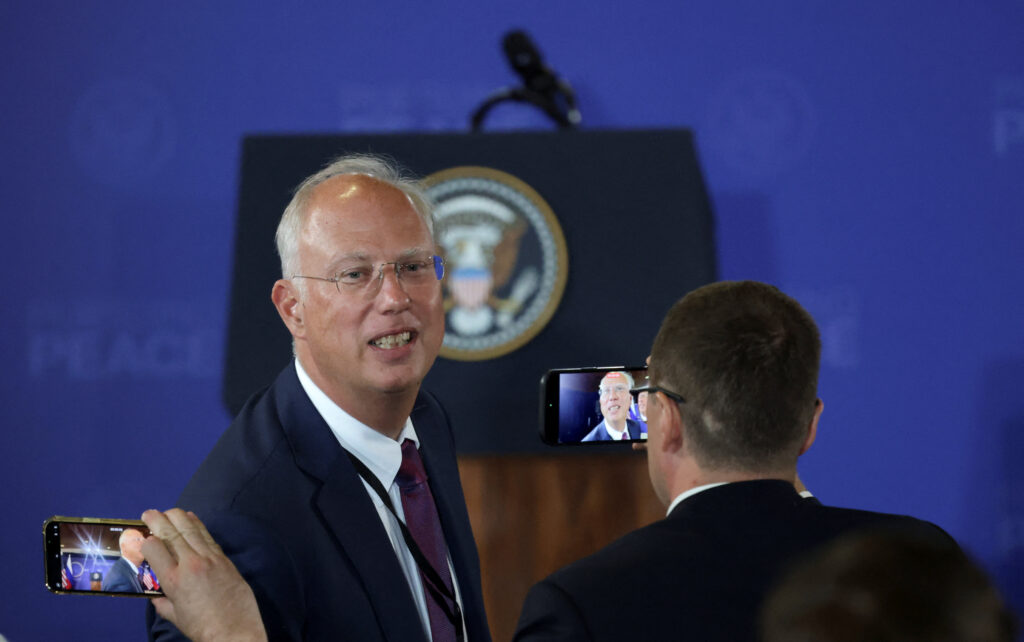Like many high and middle-income countries, Russia’s upper-tier political elite has a gerontocracy problem. Much of Russia’s core decision-makers are in their 70s, or well within striking distance. More critically, there is an entire cadre-size hole where rising 50-somethings should be, with a few notable exceptions. Just as Russia’s demographic pyramid has been disfigured by the generational legacy of war, economic collapse, and low birth rates, Russia’s elite pyramid has been badly warped — although the culprit is quite different.
The gerontocratic blockage at the top of Russia’s apex elite matters, not least because on average aging leaders are less nimble in cognitive terms and are more likely to delay reforms or make hard decisions within the institutions they control. But even more importantly, the decades-long presence of Russia’s boomer-equivalent cohort continuing to hold core leadership positions across the country’s authoritarian institutional ecosystem has impeded normal processes of skill-development and advancement opportunities for younger generations.
The delayed growth into power of new elite generations is most prominent in security-related fields, where Russia’s boomers seem to have a particular reticence to retire from public life. This kind of ‘securitized boomerism’ – the top-heavy maintenance of graying, power ministry heads whose formative years were under Brezhnev and Gorbachev — is a generational bomb that will leave a sore legacy as younger elites only belatedly rise to high office.
What is most interesting is that after some delay, Russia’s wartime dictatorship has belatedly realized the impending problem. To take one recent example, President Putin very explicitly signaled the need to introduce fresh blood into political institutions — clear evidence that the Kremlin both understands the issue and realizes it isn’t being solved.
So far, most talk of solving the boomer problem has been framed largely as an effort to coopt and advance ambitious war veterans into the ranks of the State Duma and regional structures. And official talk of the systematic need for retirement continues to be absent. Calcification at the top is harder to accept than allowing for youthful veterans accessing politically quiescent institutions down the regime totem pole. While generational change will occur one way or another, the fifteen-year delay in getting there will necessitate a sharper transition than could have otherwise happened organically. Its fruits will be seen in the coming decade.
Boomerism, Russian Style
The passage of elite generations through political institutions is often a process of considerable tension, regardless of regime-type. The ‘standard’ modern pattern is relatively straightforward, with ambitious elites beginning to take lower offices in their 30s and 40s, achieving higher offices in ministries in their late 40s or early 50s, and apex elites gaining presidencies or prime-ministerships in their later 50s and early 60s. Yet this model is not uniform and has been temporarily halted in some places. Famously, 60−80-year-olds have held a surprisingly strong grip on countries such as the United States since at least the mid-2010s, especially in top political roles.
While not as severe as the United States or select Western European states, the large counts of decision-making and decision-influencing elites in their 60s and 70s in Russia are perhaps only bested among major authoritarian regimes by the clerical elite cohorts of the Islamic Republic of Iran or the graying Poltiburo in China. The world of authoritarian states is oddly binary in this regard, with several strikingly opposite cases including the youthful head of Saudi Arabia (40), the so-called «millennial authoritarian» of El Salvador (44), and the new coup belt leaders of the Sahel in Mali (41), Chad (41), and Burkina Faso (37).
The Russian case of securitized boomerism is especially lopsided towards the ‘power elites’ in security and military offices or coming from those backgrounds. In addition to the President Vladimir Putin (73), key Boomer elites in the Russian regime include: Nikolai Patrushev (Presidential Aide, 74), Aleksandr Bortnikov (FSB, 73), Alexander Bastrykin (Investigative Committee, 72), Viktor Zolotov (Rosgvardiya, 71), Sergei Shoigu (Security Council Secretary, 70), and Valeriy Gerasimov (General Staff, 70). Even the new Defense Minister, Andrei Belousov, is 66, while the new Prosecutor General, Aleksandr Gutsan, is 65. Three years ago, iStories calculated the median age of Russia’s Security Council to be 65, while the Presidential Administration median at 57 and the cabinet at 55. Among civilian figures, Valentina Matvienko (Federation Council, 76) and Sergei Sobyanin (Moscow, 67) stand out as another example of this pattern.
The Missing Middle
Russia’s ‘Gen X’ equivalents are mostly in the gubernatorial cadres, which have also undergone significant churn in the last five years. But this churn towards new blood should have happened much earlier, starting in the early 2010s rather than the early 2020s. The delay is due to regime politics — specifically the return of Vladimir Putin to the presidency in 2012. President Medvedev (60) had been a force for freshness in elite rotations due to his aggressive appointment of loyalists during his term. But these appointments were then undercut and reversed in the second Putin tenure. The ‘Medvedev generation’ was stillborn, with many figures never being allowed to gain key leadership skills and their own patronal networks.
The exception that proves the rule is the small but important cohort of surviving high-achievers who have managed to maintain the Kremlin’s favor, including Vyacheslav Volodin (Duma Speaker, 61), Sergei Kirienko (1st Dep Chief of Staff, 63), Anton Siluanov (Finance, 62), and Elvira Nabiullina (Central Bank, 62), and Mikhail Mishustin (Prime Minister, 59) — most of whom had emerged in the late Yeltsin and early Putin years rather than growing up to high ambition during the lost 2010s decade. These figures are critical nodes in the sudden generational passage that will happen in the next five or so years, endowed with considerable institutional prestige and accumulated leadership skill, but as a relatively truncated set of potential successors and highly concentrated in non-security roles.
And this smaller set is continually in danger of falling on the wrong side of the current Boomer corpus. The rising secretary of the General Council of the United Russia, Andrei Turchak (49), was unceremoniously demoted to governor of distant Altai Republic in 2024 for crossing a red line with certain figures within the upper heights of the regime. Many other rising governors and mayors have similarly been chewed up by the system due to the unsystematic but pervasive threat of (often politically motivated) FSB corruption hunts. It is dangerous to be in the middle-tier of Russia’s elite during the wartime dictatorship, even more so during the 2010s period of executive centralization that preceded it.
A Rising Post-Soviet Generation, Finally
The arrested development of Russia’s rising upper-tier leadership elite has finally forced a belated inrush of new figures in their low-50s and 40s. But the de facto cap or «glass ceiling» on offices held by Russia’s boomers has meant the main figures of interest have had to be placed in positions quite suddenly. Instead of a gradual, natural rise where elites gain skills and experience over time jumping from office to office, we see sudden advancement up the ranks, especially for the sons, daughters, and relatives of the Boomer cade. These include people like Putin’s niece Anna Tsivileva (Deputy Minister of Defense, 53), Nikolai Patrushev’s son Dmitry Patrushev (Deputy PM, 48), Putin’s former bodyguard Aleksei Dyumin (State Council Secretary, 53), Sergei Kirienko’s son Vladimir Kirienko (VK chief, 42), the Putin-connected Yuri Kovalchuk’s son Boris Kovalchuk (Accounts, 47), and Putin’s daughters themselves (Maria Vorontsova, 40; and Katerina Tikhonova, 39).
This poses an odd dynamic. Russia’s narrow upper-elite of Gen-Xers will inherit the regime in due course, but they will be competing with suddenly promoted nouveau aristocrats connected by familial ties to the current leadership core. And these latter figures will further compete with various other belated projects of elite revitalization, including Sergei Kirienko’s various managerial-technocratic projects: the «Leaders of Russia» competition, the «School for Governors,» and the «School for Mayors,» and the veteran-targeted «Time for Heroes.»
The problem of succession is the most critical question for Russia’s regime. But it is not solely one of who replaces Vladimir Putin himself. It is also a question of succession across most of Russia’s sprawling imperium of institutional offices. Developing the next generation of leadership is a perennial problem, one that Russia’s past history has seen replete with times of sclerosis and times of great change. The rest of the 2020s looks to be a model of the latter, where figures who should have been raised up into the system years before will now be helming the authoritarian ship of state quite suddenly. Names outside observers are quite unfamiliar with are likely to come thick and fast in the coming years, while those who are placing such figures in power now will be of particular importance in shaping Russia’s future elite.
